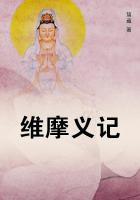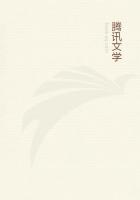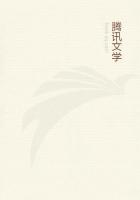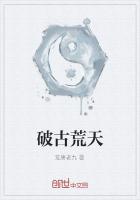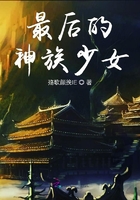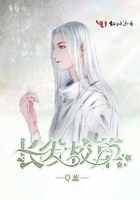A suicide is a man who cares so little for anything outside him, that he wants to see the last of everything. One wants something to begin: the other wants everything to end. In other words, the martyr is noble, exactly because (however he renounces the world or execrates all humanity) he confesses this ultimate link with life; he sets his heart outside himself: he dies that something may live.
The suicide is ignoble because he has not this link with being: he is a mere destroyer; spiritually, he destroys the universe.
And then I remembered the stake and the cross-roads, and the queer fact that Christianity had shown this weird harshness to the suicide.
For Christianity had shown a wild encouragement of the martyr.
Historic Christianity was accused, not entirely without reason, of carrying martyrdom and asceticism to a point, desolate and pessimistic. The early Christian martyrs talked of death with a horrible happiness. They blasphemed the beautiful duties of the body: they smelt the grave afar off like a field of flowers.
All this has seemed to many the very poetry of pessimism. Yet there is the stake at the crossroads to show what Christianity thought of the pessimist.
This was the first of the long train of enigmas with which Christianity entered the discussion. And there went with it a peculiarity of which I shall have to speak more markedly, as a note of all Christian notions, but which distinctly began in this one.
The Christian attitude to the martyr and the suicide was not what is so often affirmed in modern morals. It was not a matter of degree.
It was not that a line must be drawn somewhere, and that the self-slayer in exaltation fell within the line, the self-slayer in sadness just beyond it. The Christian feeling evidently was not merely that the suicide was carrying martyrdom too far.
The Christian feeling was furiously for one and furiously against the other: these two things that looked so much alike were at opposite ends of heaven and hell. One man flung away his life; he was so good that his dry bones could heal cities in pestilence.
Another man flung away life; he was so bad that his bones would pollute his brethren's. I am not saying this fierceness was right; but why was it so fierce?
Here it was that I first found that my wandering feet were in some beaten track. Christianity had also felt this opposition of the martyr to the suicide: had it perhaps felt it for the same reason? Had Christianity felt what I felt, but could not (and cannot) express--this need for a first loyalty to things, and then for a ruinous reform of things? Then I remembered that it was actually the charge against Christianity that it combined these two things which I was wildly trying to combine.
Christianity was accused, at one and the same time, of being too optimistic about the universe and of being too pessimistic about the world. The coincidence made me suddenly stand still.
An imbecile habit has arisen in modern controversy of saying that such and such a creed can be held in one age but cannot be held in another. Some dogma, we are told, was credible in the twelfth century, but is not credible in the twentieth.
You might as well say that a certain philosophy can be believed on Mondays, but cannot be believed on Tuesdays. You might as well say of a view of the cosmos that it was suitable to half-past three, but not suitable to half-past four. What a man can believe depends upon his philosophy, not upon the clock or the century.
If a man believes in unalterable natural law, he cannot believe in any miracle in any age. If a man believes in a will behind law, he can believe in any miracle in any age. Suppose, for the sake of argument, we are concerned with a case of thaumaturgic healing.
A materialist of the twelfth century could not believe it any more than a materialist of the twentieth century. But a Christian Scientist of the twentieth century can believe it as much as a Christian of the twelfth century. It is simply a matter of a man's theory of things. Therefore in dealing with any historical answer, the point is not whether it was given in our time, but whether it was given in answer to our question. And the more I thought about when and how Christianity had come into the world, the more I felt that it had actually come to answer this question.
It is commonly the loose and latitudinarian Christians who pay quite indefensible compliments to Christianity. They talk as if there had never been any piety or pity until Christianity came, a point on which any mediaeval would have been eager to correct them.
They represent that the remarkable thing about Christianity was that it was the first to preach simplicity or self-restraint, or inwardness and sincerity. They will think me very narrow (whatever that means) if I say that the remarkable thing about Christianity was that it was the first to preach Christianity. Its peculiarity was that it was peculiar, and simplicity and sincerity are not peculiar, but obvious ideals for all mankind. Christianity was the answer to a riddle, not the last truism uttered after a long talk.
Only the other day I saw in an excellent weekly paper of Puritan tone this remark, that Christianity when stripped of its armour of dogma (as who should speak of a man stripped of his armour of bones), turned out to be nothing but the Quaker doctrine of the Inner Light.
Now, if I were to say that Christianity came into the world specially to destroy the doctrine of the Inner Light, that would be an exaggeration. But it would be very much nearer to the truth.

